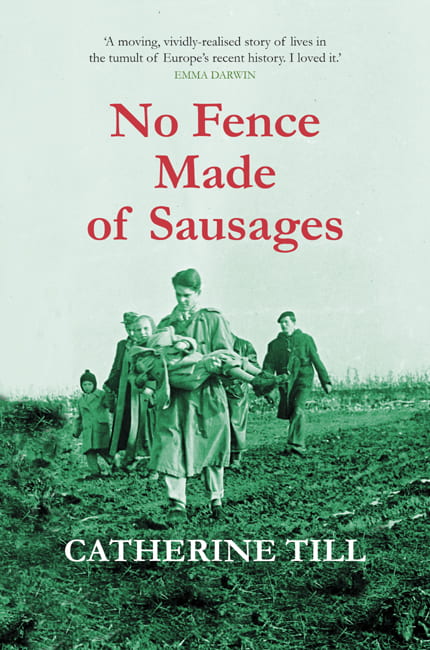
I first had an inkling of my own intentions when, as a City staff member, I went along to a Taster Session for creative writing short courses at City, University of London. In answer to Katy Darby’s probing questions I found myself blurting out, ‘I want to write about the story of my family, but in a fictional form, not as a memoir.’
Some time later I enrolled on the Approach to Creative Writing course, where we had to complete weekly writing exercises, such as dialogue, character portraits or interior monologues. Although not consciously chosen, the subject matter of my homework pieces written for the course were all taken from family memories.
I got the writing bug and was aching to continue, so I took the plunge, applied for the year-long Novel Studio and was accepted. Then, just before starting the course in the autumn of 2019, my elderly mother, living on her own in Budapest, had a fall, and I had to put off starting the course.
Mentioning this delay to a friend I got some wise advice, ‘You don’t have to wait for the course, if you want to write, just write!’ Six weeks later the pandemic struck and, during the long Covid lock-downs, I did just that. In between going for socially-distanced walks I researched documents online, constructed a structure for my novel and wrote. The writing exercises from that introductory course the year before became the kernels of my chapters. By the autumn, when I took up my deferred place on the Novel Studio, I had written forty thousand words.
Nine months later, as the Novel Studio was ending, I still only had forty thousand words, but how much better they were! Thanks to the workshops and tutorials, I revised some old stuff, ruthlessly scrapped others and re-fashioned memories into fiction. After the course, while looking after my mother long-distance, it took me more than a year to finish the manuscript, occasionally reading what I considered interesting bits to friends who were willing to listen without being bribed to do so.
My novel, No Fence Made of Sausages, was finally ready to face the world.
I approached a few agents, choosing carefully on the basis of writers they had taken up and trying to find a connection with them, as we were taught to do. I sent emails, waited weeks for replies, followed up, waited some more, received rejections or silence. After seeing the statistics of what a tiny percentage of writers get published, I realised I didn’t want to wait years to get my novel into the hands of readers who might be interested in the world it depicts. I decided to publish it myself.
If only it had been that simple. I didn’t anticipate what a steep learning curve lay ahead. In comparison with what was to come, the writing had been the easy part.
First, there was the long slog of editing, proofreading, formatting, typesetting and designing, which I mostly did myself, with ‘in-house’ help from my partner. Then, on the advice of a Novel Studio classmate, I explored the Amazon direct publishing route, but eventually decided against it. I thought UK bookshops wouldn’t stock my work because they regard Amazon as a competitor.
The next idea was to have the books printed and distributed myself. I approached a printer recommended by a friend and ordered a number of copies, paying upfront. When I received my printed proof copy, however, I found the quality of the printing below my expectations and had to cancel my order and fight for a refund.
I then tried to identify a reliable, quality printing firm by looking at the copyright pages of the paperbacks on my shelves. I chose a long-established, traditional firm, which had a collection of services suitable for Indie Publishers. They also had a link with a distributor from where most bookshops would source titles.
I set myself up as a publisher and followed the necessary steps to get into trading relationships with all the separate entities in the chain that would eventually make my book available to the public. After a lot of form filling I finally paid the Purchase Order and a few weeks later my Author/Publisher copies arrived. My novel became available to order online from bookshops and I am working on getting it stocked by brick-and-mortar stores.
*****
About the author

Author Catherine Till
Catherine Till grew up in Hungary and came to live in the UK in her early twenties. After a chequered career involving architecture, sinology and handbag design, she became obsessed with shining a light on her native country’s recent past through the tale of a family whose lives are buffeted by history as they struggle with their own personal demons.
About the book
No Fence Made of Sausages is a tale of emigration and homesickness, love and betrayal, addiction and wasted talent. The novel opens with the nail-biting scene of the main character’s attempt to defect from Soviet-dominated Hungary. We then follow three generations of her family from the beginning of the twentieth century, through wars, revolutions and regime changes, right up to the 2015 European migrant crisis.
For more on City’s writing short courses, visit HERE. Or to follow in Catherine’s footsteps, check our our year-long Novel Studio programme HERE.






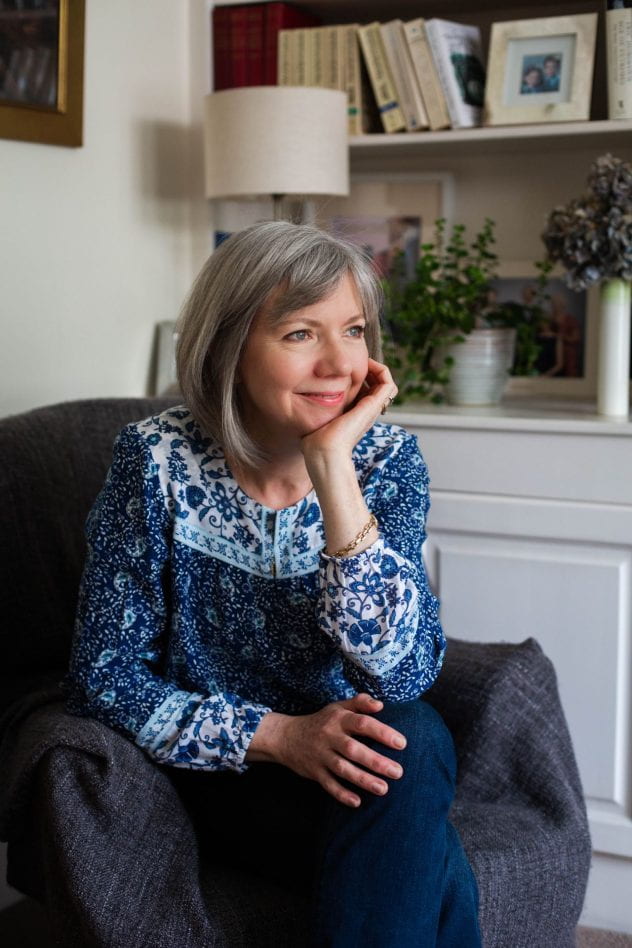

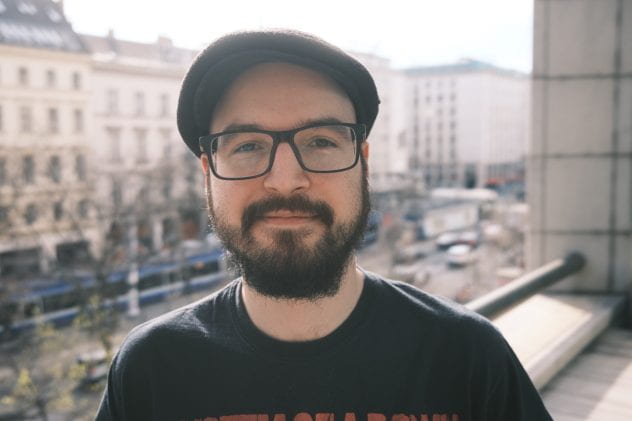

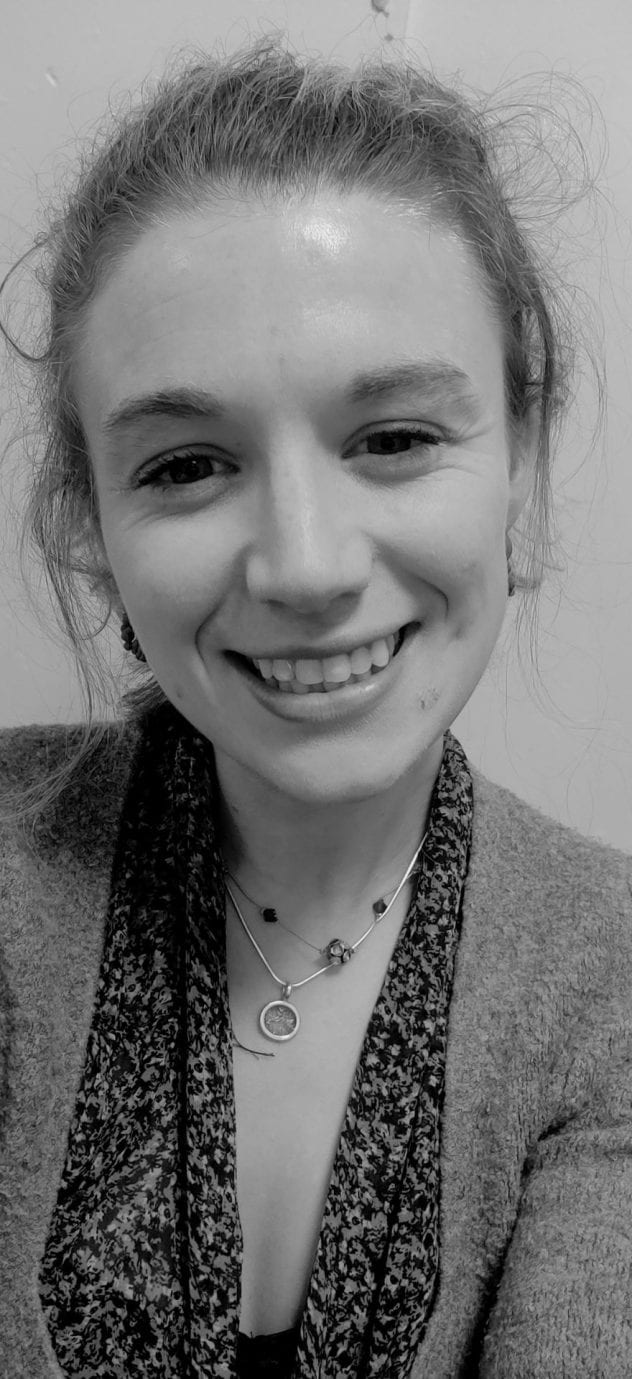


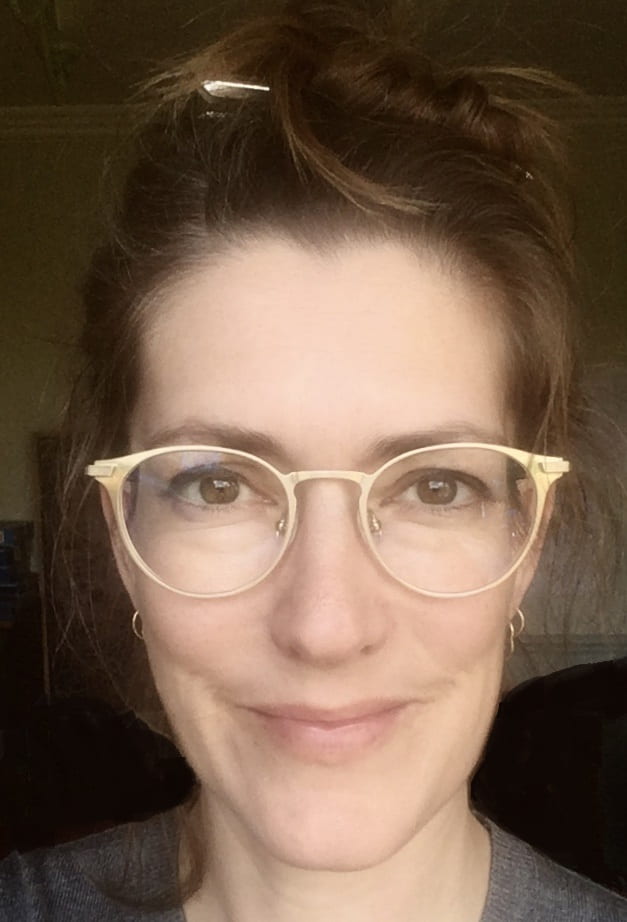


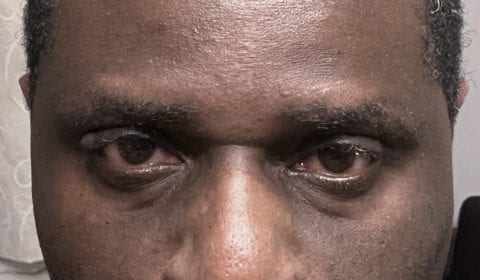

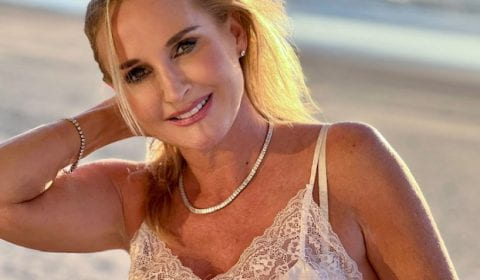










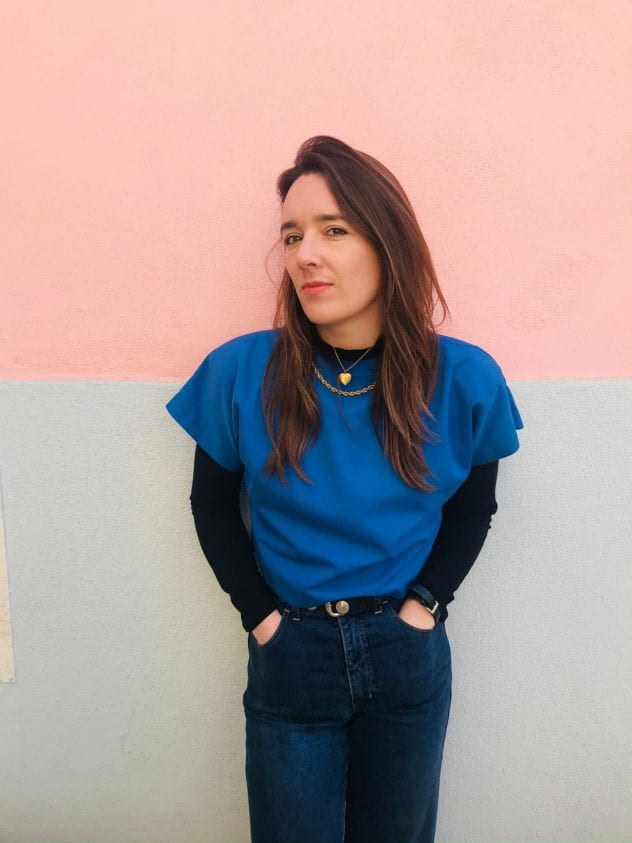









Recent Comments